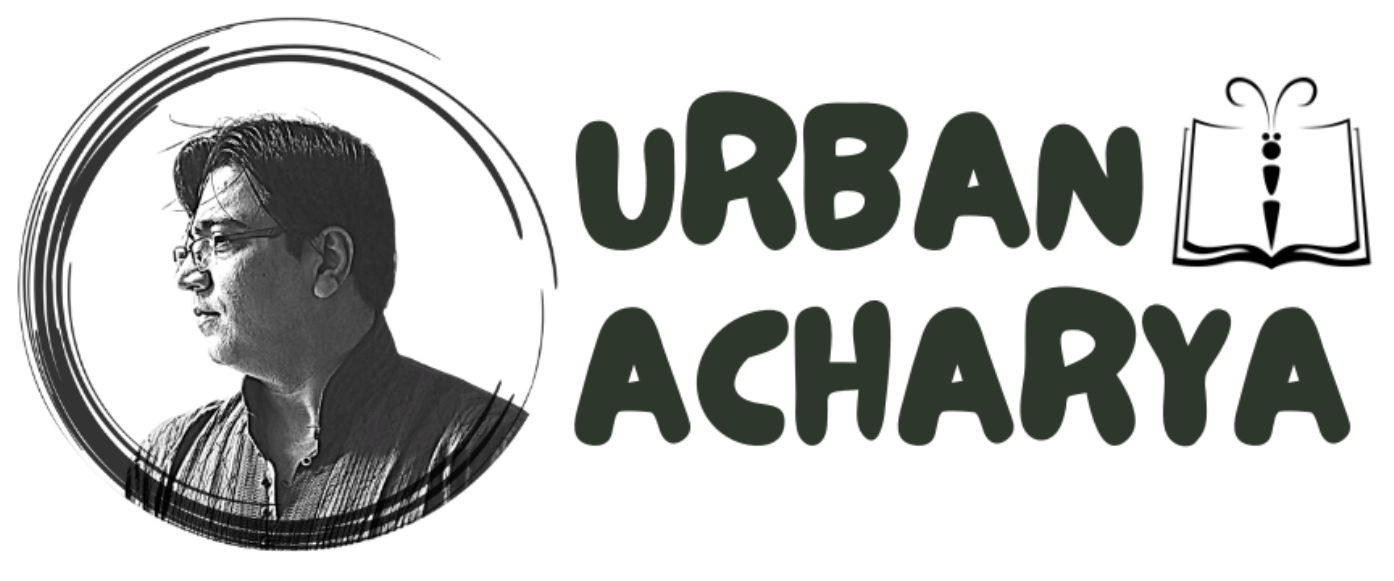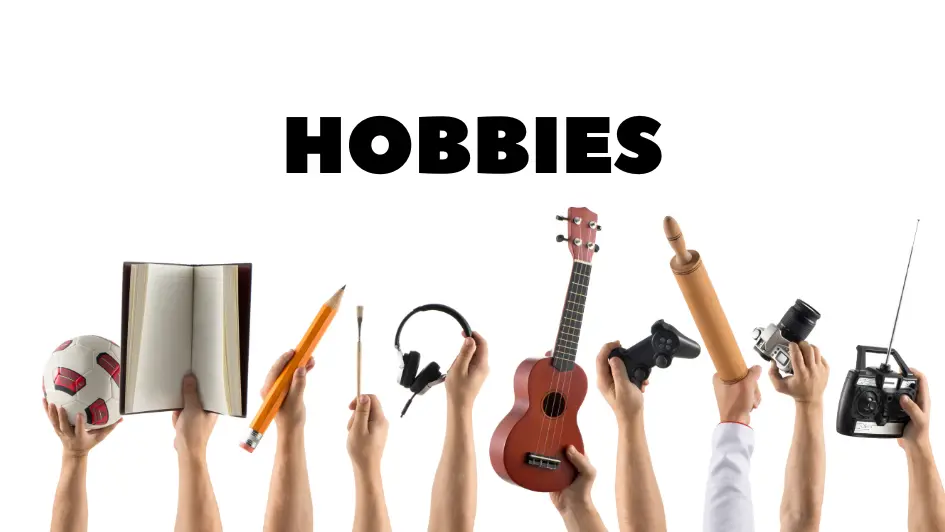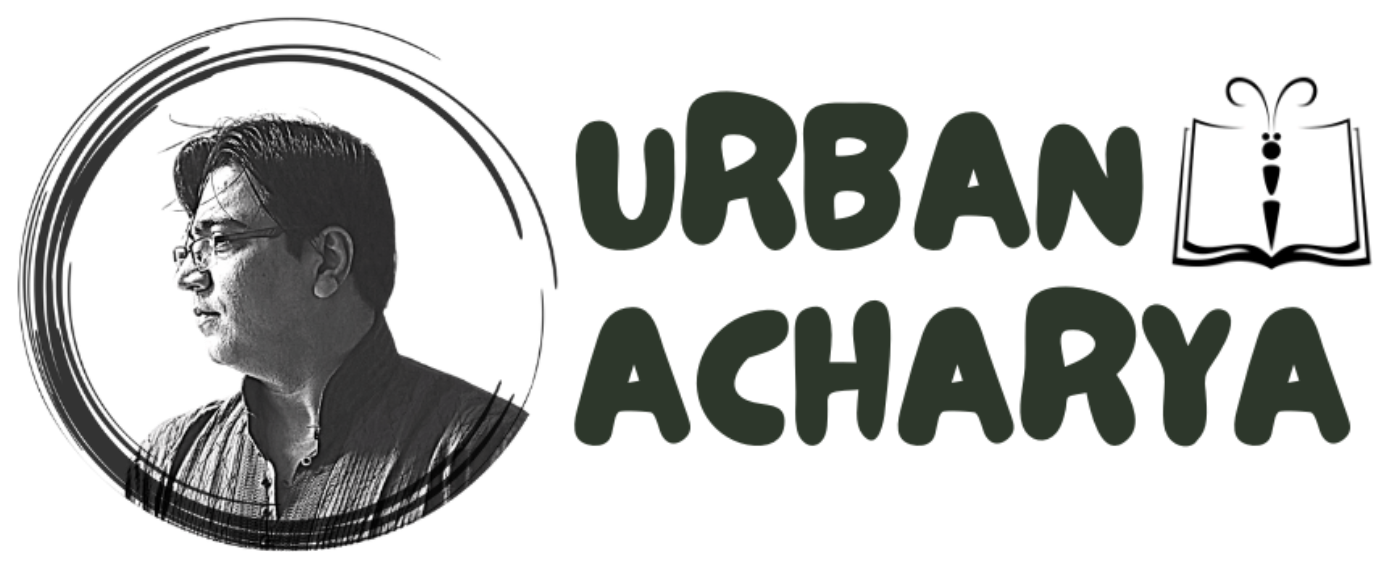“What are your hobbies?” When it comes to job interviews, the question may seem like a harmless and straightforward inquiry.
However, it is one of the most crucial questions that can help the interviewer to learn more about your personality and interests.
Your answer to this question can have a significant impact on the outcome of the interview, as it can help the interviewer determine if you are the right fit for the job and the company’s culture.
In this blog article, we’ll be exploring this question that many of us encounter during job interviews – “What are your hobbies?”
It may seem like a simple question, but there’s more to it than meets the eye.
We’ll delve into the reasons why interviewers ask this, and most importantly, we’ll provide you with valuable guidance on how to give an impressive response.
From understanding the purpose behind the question to highlighting the key points that can make you stand out, we’ve got you covered.
So, let’s jump right in and discover the secrets to acing this question in your next interview!
But first and foremost, remember that hobbies are activities we enjoy in our free time.
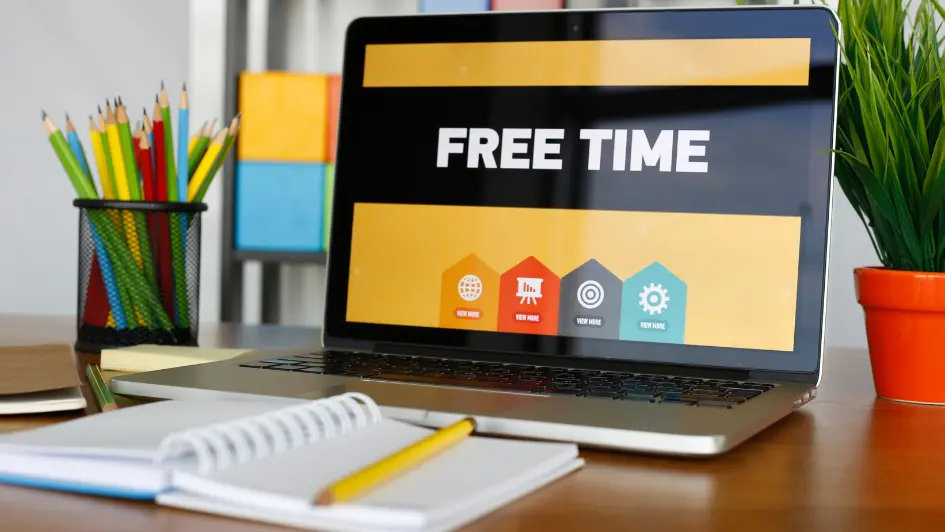
They can range from something as simple as reading books to something more complex like playing a musical instrument or participating in sports.
Hobbies are essential because they give us a break from the monotony of our daily routine and allow us to pursue something that we find interesting or challenging.
Now the question is – why is this question asked? And what is it about you that the interviewer is trying to figure out?
It is important to remember that the interviewer is not just looking for a list of activities that you enjoy doing.
Instead, they want to know more about how your hobbies reflect your personality, values, and work ethic.
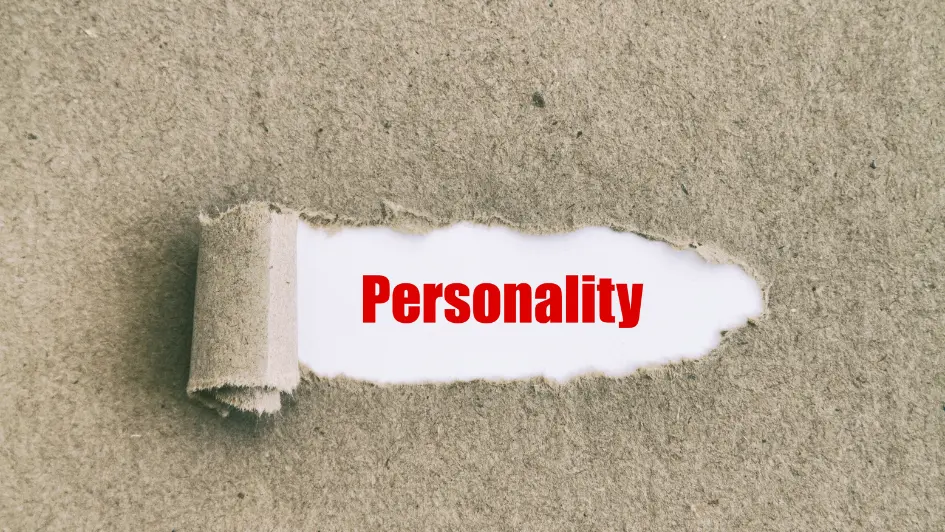
Therefore, it is essential to tailor your response to the job and company you are applying for.
For example, if you are applying for a job in the creative field, your hobbies might include painting, drawing, or writing.
These hobbies can demonstrate your creativity, attention to detail, and ability to think outside the box.
If you are applying for a job in the sports industry, you might mention your interest in team sports or your experience playing in a local league.
These hobbies can demonstrate your ability to work well with others, leadership skills, and dedication to achieving your goals.
Am sure you would have understood how important is to tailor your response, as it can be a deal-maker.
But there is one thing you should never forget.
It is important to be honest when discussing your hobbies during a job interview.
If you do not have any hobbies that relate to the job or company you are applying for, it is okay to mention other activities that you enjoy doing in your free time.
For example, you might mention your love for cooking, which demonstrates your attention to detail and ability to follow instructions.

Or you might mention your passion for traveling, which demonstrates your openness to new experiences and ability to adapt to new environments.
Let me now tell you the second most important attribute you need to consider while answering.
It is important to be specific when discussing your hobbies.
Instead of simply listing your hobbies, give specific examples of how you have pursued them and what you have achieved through them.
For example, if you enjoy playing a musical instrument, you might mention how you have performed at local venues or participated in music competitions.
This demonstrates your dedication to your hobby and your ability to set and achieve goals.
Lastly, when discussing your hobbies, it is also important to keep in mind the company’s culture and values.
For example, if the company values teamwork and collaboration, it might be a good idea to mention hobbies that demonstrate your ability to work well with others.
If the company values innovation and creativity, it might be a good idea to mention hobbies that demonstrate your ability to think outside the box.
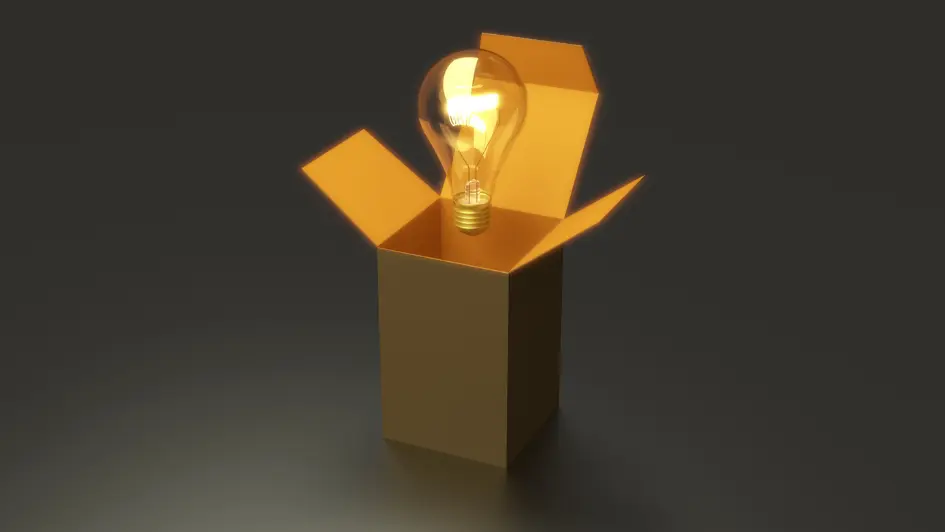
Here are some tips on how to answer this question:
1. Start with a brief introduction:
Begin by briefly introducing yourself and mentioning a few of your hobbies. This will give the interviewer an idea of what you enjoy doing in your free time.
2. Provide details:
After introducing your hobbies, provide some details about each one. Talk about why you enjoy them, how often you engage in them, and any specific achievements or milestones you have accomplished through your hobbies.
3. Connect your hobbies to the job:
If you enjoy playing team sports, you can mention how it has helped you develop teamwork and leadership skills that can be applied to the workplace and this way you can bring that connection.
And remember, you can’t sound down or look unenergetic while talking about your hobbies. You should show enthusiasm and demonstrate how your hobbies have enriched your life.
In conclusion, understanding the significance of the question “What are your hobbies?” in a job interview can significantly impact your chances of landing the position.
Your hobbies offer valuable insights into your personality, values, and work ethic, making it essential to tailor your response to align with the job and company culture.
Being honest and specific about your hobbies is crucial.
Avoid merely listing them; instead, provide specific examples of how you have pursued them and achieved success.
Whether it’s playing a musical instrument, engaging in team sports, or exploring creative pursuits, highlight how your hobbies have contributed to personal growth and goal achievement.
Moreover, consider the company’s values and culture when discussing your hobbies.
Tailoring your response to align with these aspects can further strengthen your candidacy.
Enthusiasm and passion play a pivotal role during the discussion of your hobbies.
Emphasize how your hobbies have enriched your life and showcase the positive impact they’ve had on your personal and professional development.
By mastering the art of discussing your hobbies, you can impress interviewers and distinguish yourself from other candidates.
So, next time you encounter this question, remember to embrace it with genuine enthusiasm, showcasing the unique qualities that make you the perfect fit for the job.
Best of luck in your future interviews!
